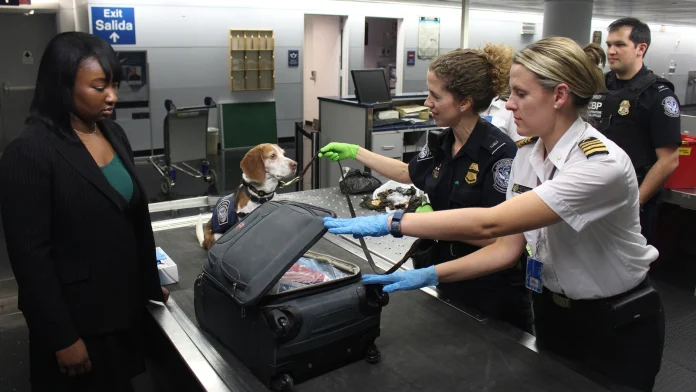Zarafshan Shiraz, Delhi
Anxiety is not only a common trait in humans but animals can also suffer from it as anxiety can manifest itself in multiple ways, from whining and barking to shivering and whimpering. The pet might also become destructive or hostile when anxious and over time, they may lose their appetite and become completely withdrawn if the anxiety is not addressed.
Pet motion sickness and travel anxiety is a familiar story too and in extreme cases it can severely limit the experiences that we can enjoy with our pets. In an interview with HT Lifestyle, Aamir Islam, Co-Founder of Carry My Pet, shared, “If your dog suffers from extreme travel anxiety, a longer term behavioral approach may be required. Exercise and mental stimulation are critical to reducing anxiety and stress. Speaking to your pet in a calm, soothing voice, bringing some favourite toys along for the ride or playing some soothing music helps to soothe its nerves. If things are still out of control, immediately take your pet to the veterinarian as they would probably give a drug therapy to reduce your dog’s overall anxiety.”
According to Dr RT Sharma, Veterinary Surgeon at Pet Hospital and Boarding Shelter, there are different reasons inducing pet anxiety and each pet has their own coping mechanisms for the same. He revealed, “There is separation anxiety, travel anxiety, anxiety from a loss of the owner, etc. While travelling, extreme weather conditions or separation anxiety from their human could be trigger points for anxiety. The symptoms could vary from pet to pet, like abnormal behaviour, disobeying, peeing/pooping in the house, loss of appetite, etc.”
He advised, “First and foremost thing for any pet parent to do is to address the issue and look for reasons for the anxiety attack and accordingly act on the same. Train your pets for various circumstances, consult your vet who can further put the pets on sedatives or give anti anxiety drugs if needed. Active or young dogs are more prone to experience anxiety compared to older dogs as older dogs are more tuned to the surroundings. Moreover, be mindful of your own demeanor as pets can sense your emotions, so it’s always best to try to be a calming influence.”
Subscribe to our best newsletters
Subscribed to newsletter successfully
Thank you for subscribing to our newsletter.
Trending Topics to Follow
Unlock the world’s wonders with unforgettable journeys tailored just for you! Whether you crave sun-kissed beaches, thrilling adventures, or rich cultural escapes, your dream destination awaits. Enjoy seamless travel with expert tips, exclusive deals, and handpicked experiences that Turn Every Trip into a lifetime memory.










